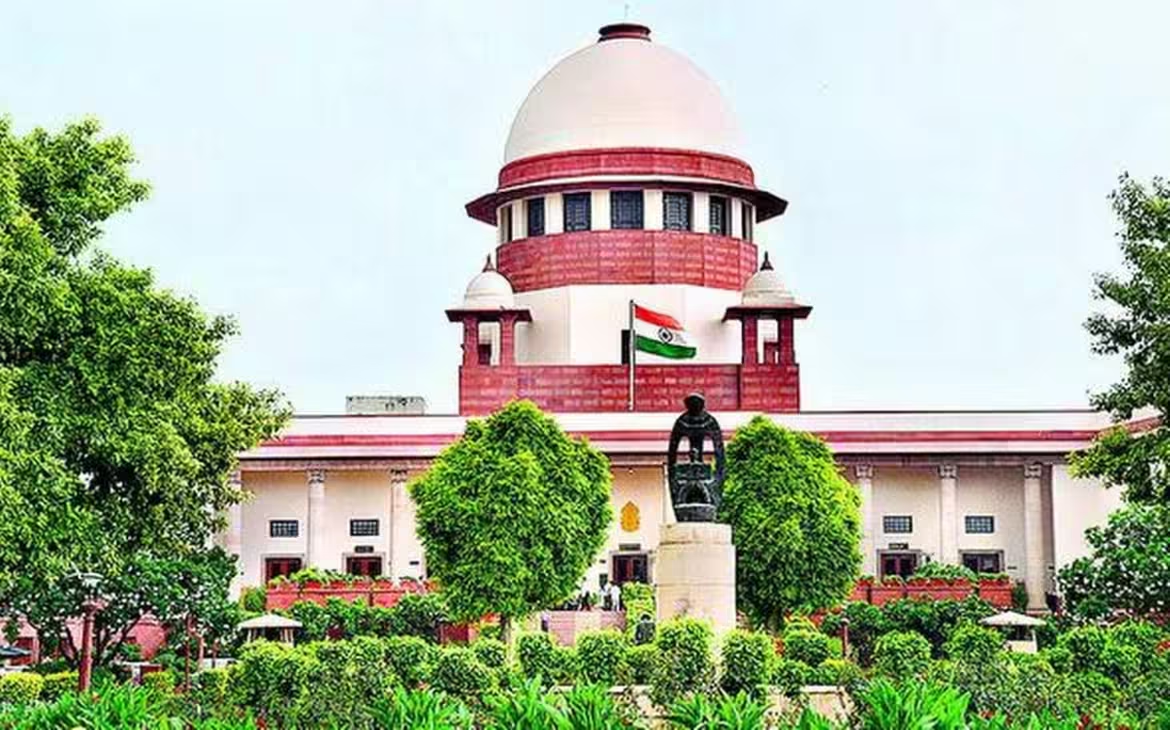The Supreme Court of India has refused to stay the demolition of the Pracheen Shiv Mandir near Delhi’s Geeta Colony, along the Yamuna floodplains. The court rejected the plea, stating that the temple, built with cement, cannot be considered ancient. This decision follows the Delhi High Court’s earlier ruling against the temple’s management, emphasizing the need to clear unauthorized structures from the Yamuna floodplains. The petitioner had sought to keep the temple operational, but the court prioritized environmental regulations and urban planning directives.
The matter was heard by a vacation bench of Justices Sanjay Kumar and Augustine George Masih, who reiterated the need for tangible proof of the temple’s ancient status. The temple’s modern construction materials, such as cement and paint, were highlighted as evidence against its historical claims. The petitioner failed to provide adequate documentation to support the ancient status of the temple.
In response to the plea, the court granted the petitioner 15 days to remove religious idols and objects from the temple premises. This period has since lapsed, leading to the Special Leave Petition before the Supreme Court, which also did not result in interim relief.
The Delhi Development Authority (DDA), acting on directions from the National Green Tribunal (NGT), has been tasked with clearing encroachments on the Yamuna floodplains. The court’s decision supports these efforts, underscoring the importance of maintaining ecological balance and adhering to environmental regulations.
The petitioner’s counsel argued that the temple is not within the Yamuna floodplains and sought interim protection. However, the court declined, noting the lack of sufficient evidence and the pending appeal before the High Court. This case highlights the ongoing conflict between religious sentiments and environmental regulations in urban India.



